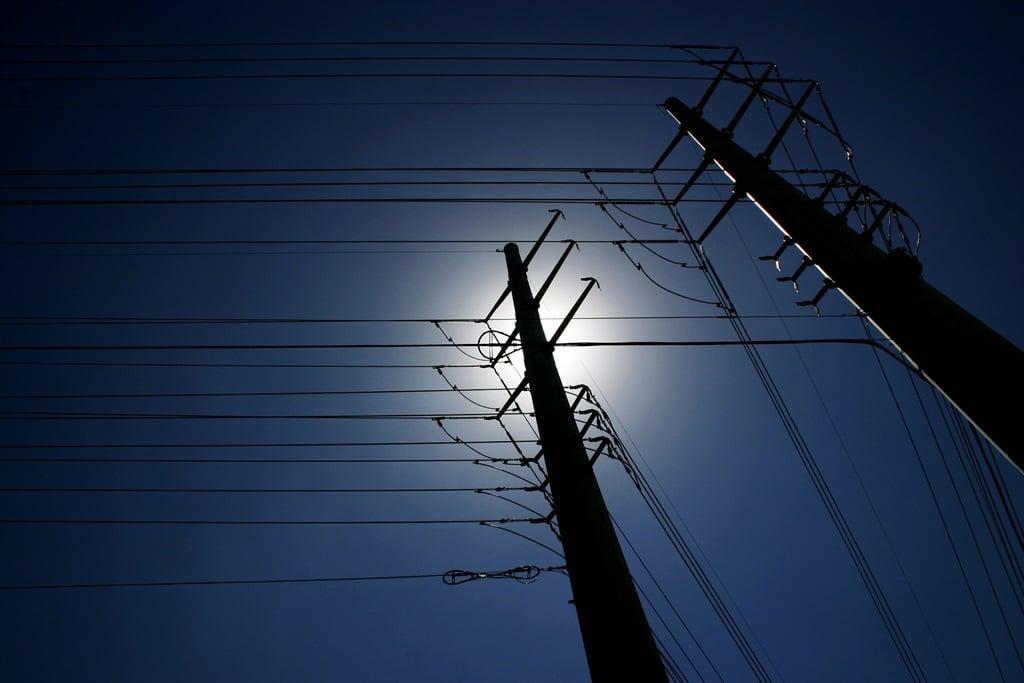Africa-Press – South-Africa. The eThekwini Metro says its already fragile electricity grid will be at a higher risk after the National Energy Regulator of SA (Nersa) rejected its proposed 18.5% electricity tariff hike.
In a letter addressed to city manager Musa Mbhele, which News24 has seen, Nersa CEO Nomalanga Sithole said, at a meeting on 2 June, it approved a 15.1% tariff increase for the 2023/24 period.
The City has since accepted the proposal of 15.1% from Nersa.
eThekwini spokesperson Lindiwe Khuzwayo said the reduced tariff hike placed the City in a precarious position.
Khuzwayo added electricity sales had “drastically dropped” over the past six years due to various factors, including the “general downturn of the economy”.
This included the closure of many businesses within the city after the ripple effects of the Covid-19 pandemic, July unrest, and April 2022 floods.
These impacted customer affordability levels “which have ultimately resulted in a drop in sales”, she said.
Load shedding and customers struggling to pay their municipal bills also dented sales, Khuzwayo added.
She said the “proliferation of solar energy due to high electricity prices” also contributed.
Budget cuts for Nersa benchmarks
Khuzwayo added that the City’s budget had to be cut to meet Nersa benchmarks.
“The City finds itself in a critical situation where it now needs to make up for these losses as the electricity infrastructure has borne the brunt of the accumulated decrease in revenue.
“This while fixed costs have remained the same and even increased in some instances, such as the Eskom bulk tariff, salary costs, etc.”
She said revenue was decreasing while costs were increasing above inflation.
“This will impact on the financial sustainability of the City. It will also impact on the quality of service to our consumers as the lower investment in infrastructure may result in increased outages.
“Load shedding may cause even greater damage to our fragile infrastructure after the floods.”
Khuzwayo added the financial strain would affect infrastructure, saying:
She said the City’s budget was a “tough balancing act between affordability and sustainability”.
It tried to keep the tariff increase at its lowest as it appreciated the current economic climate and our consumers’ challenges, Khuzwayo added.
She said the poor would be affected the most and claimed the City would now effectively be providing electricity at cost.
“We still have to pay Eskom every month and meet our other day-to-day obligations. By lowering the tariff increase, in effect we are providing electricity at cost.”
Burden of cost on citizens
When asked about increased electricity costs due to corruption, Khuzwayo said the City had a zero-tolerance approach to corruption.
“We have taken action against many officials, some of them in very senior positions. Some of them have chosen to resign before disciplinary action could be undertaken.
“We have also made good progress with our consequence management which is being monitored by the audit committee.”
She added the City had an independent financial misconduct board in place.
“In the past few weeks, the municipal public accounts committee approved the recovery of over R24 million from employees who have incurred irregular expenditure.
“Disciplinary action will follow without fear or favour. We are committed to clean governance and avoiding any financial leakages.”
Khuzwayo said the City had implemented several cost-cutting and austerity measures, adding all costs were scrutinised and “zero-based budgeting was implemented, where possible”.
“Internal controls are being reviewed and strengthened on an ongoing basis.
“Value for money is a key focus and we are benchmarking costs to ensure that there is no corruption and that we are not overpaying for goods and services we are procuring.”
eThekwini defaulting
Corruption has been rife in eThekwini for several years now – from corruption and fraud charges levelled against former mayor Zandile Gumede to instances of supply chain discrepancies during the April 2022 floods.
Recently, forensic audit firm Nexus released a report stating the City had been haemorrhaging cash because of overtime claims.
Five municipal departments spent a whopping R3.6 billion on overtime pay in five years, including on employees who did not qualify for it, a direct contravention of labour laws.
The Nexus report and others showed the electricity department was among those which notched up overtime pay up to 2022.
For More News And Analysis About South-Africa Follow Africa-Press






